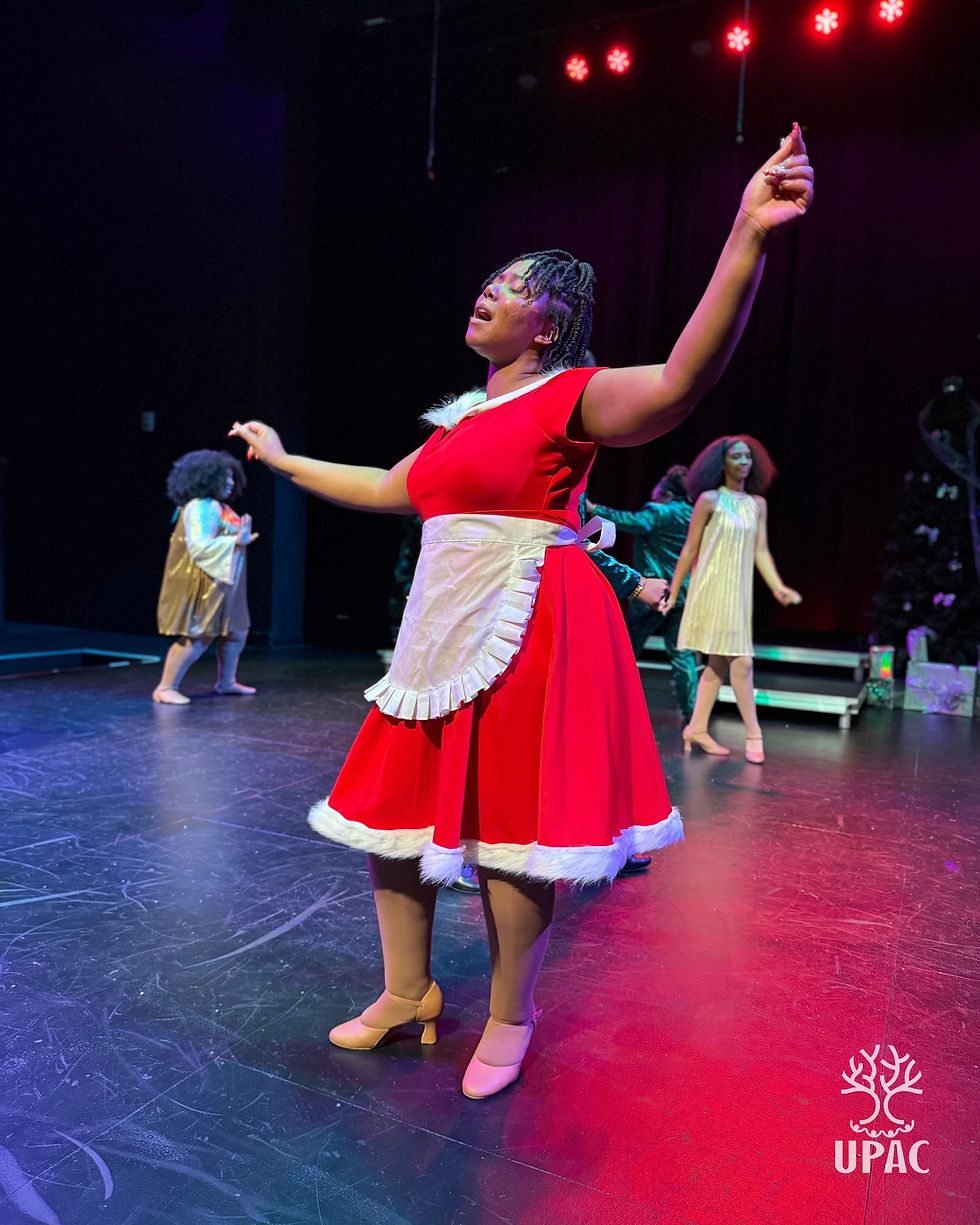Op-Ed: Martin Luther King Jr. Day - Required Reading
- BA Ciccolella
- Jan 18, 2021
- 4 min read
Updated: Jan 19, 2021
Words by BA Ciccolella and Katelyn Jackson.
Today, across the United States, we celebrate a Man who had a Dream. That dream is what most people seem to associate with Martin Luther King, Jr. - his vision of a country that could do so much better for its citizens, delivered at the March on Washington for Jobs and Freedom in 1963. This is the only national holiday that the United States has designated as a Day of Service. This year, AmeriCorps is collaborating with the Presidential Inaugural Committee on the MLK National Day of Service. For those who are engaging in volunteer work to improve their communities, you can also make a public commitment to serve your community today, and for the rest of 2021 here. For those still looking for some way to volunteer, there is also a list of opportunities (many of which are virtual) here.
While our service is helpful, we also need to take some time to remember that Reverend Dr. Martin Luther King, Jr. was the author of a massive body of works, speeches, letters, etc. And of course he was- he was a preacher, a faith leader, and it was his job to speak truth to his congregation, and the world. There are a few speeches and letters, however, that seem to have been “conveniently overlooked” by certain history textbook authors. (At the very least, I can tell you they were overlooked in my high school history classes, which honestly were taught by a very liberal minded man, if you consider that I grew up so far in the sticks of rural PA that where I lived for most of my life didn’t actually have a town name.)
This overlooking of certain speeches and letters has a purpose. We are taught from a very young age that Martin Luther King, Jr. was a “peaceful resistor.” We are taught that he protested “the right way.” That he “worked within the system.” We are taught that everyone needs to be just like him, and fight for the end to injustice while not “disturbing the peace.” What we aren’t taught is exactly what that looked like in reality- that the protests Dr. King led were not always seen as non-violent, that even a clear commitment to nonviolence earned him nationwide scorn, or that the monumental Civil Rights Act of 1968 (which finally enacted into law the rights for fair housing that Dr. King had campaigned for since 1966), was only passed under the pressure of the riots that followed his assassination.
I (BA) find these omissions disturbing, considering that I am old enough that my history teachers would have been in high school or college when Dr. King died- so they were very much old enough to be aware of the civil rights movement as current events. These “adjustments” of Dr. King’s life and writings from his reality to the perpetuated societal myth now taught have potentially tainted the next generation from seeing not only what kind of activism is most effective, and what kind of sacrifice is needed to make our world a better place, but also what Dr. King’s dream fully entailed.
However, now, unlike when I was in high school, the internet exists not as a novelty that takes hours to load a single web page (which you might lose if someone in your household picks up the phone to make a call), but nearer to a utility, every day becoming more of a necessity to access healthcare, or education, or even apply for a job. Most of us carry a tiny access point around in our pockets all day. And the next generation is using this resource that we have created to educate themselves on all sorts of things that are “overlooked” by our school system. Through social media they are connected to people all over the world in a way we never could have imagined at their age, and they are using their new-found power to make an effect on that world in ways that older generations seem to be struggling to understand, or at least keep up with.
It is very easy to find transcripts of Reverend Dr. King’s speeches online, even those that don’t fit into the “all protesting should be perfectly peaceful” propaganda line that we aim at our school children. So this year, on Martin Luther King, Jr. Day, after you have read the beautiful poetry that is the “I Have a Dream” speech, continue your reading with a few of the following, which might just help you fill in more of what that dream truly entailed:
“Letter from a Birmingham Jail”, written April of 1963
“Beyond Vietnam: A Time to Break Silence”, speech delivered in 1967
“The Other America”, speech delivered many times in 1967 and 1968, this transcript from 1967
Then, once you have finished your day of service, take some time to really think about how you can personally work to achieve that dream and establish the more perfect union we talk about in our founding documents- for everyone living in the United States of America.



Comments